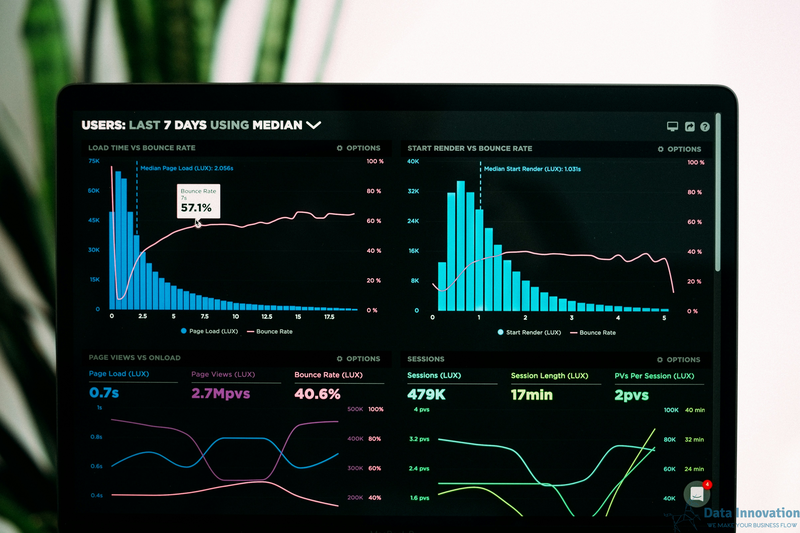In a world overwhelmed by the omnipresence of data, digital transformation and artificial intelligence (AI) are rewriting the rules of the game in business. Now more than ever, an organization’s ability to adapt and evolve its business strategy through the use of these technologies is crucial for its survival and prosperity.
Digitalization has stopped being merely a resource for optimization to become the heart of business activities. In this vibrant context, Exploratory Data Analysis (EDA) emerges as the torch lighting the way towards innovative solutions and wise decisions. Through EDA, companies are discovering how to turn a vast stream of information into clear and actionable insights, which not only highlight patterns and anomalies but also suggest new routes for creative exploration.
Artificial intelligence, playing a starring role in this scenario, fuels and is fueled by the massive amount of data generated daily. Machines now not only learn but also understand and predict, adjusting their own algorithms in a self-improvement effort that challenges the barriers of business performance. This perpetual cycle of learning and adaptation is a cornerstone for decoding market complexities that previously seemed insurmountable.
By integrating EDA into their processes, companies radically transform their approach. From resource management to customer satisfaction, every aspect is permeated by a deeper understanding of the variables at play. Data, therefore, are not just records but voices that narrate what works, what doesn’t, and what could be if the right decisions are made.
Furthermore, this approach strengthens the business commitment to the Sustainable Development Goals (SDGs). By better understanding patterns of consumption, production, and logistics, businesses can adjust their operations towards more sustainable and responsible practices. Efficiency improves not only in terms of costs and time but also in environmental and social impact.
But, how can businesses effectively embed these advanced practices into their operational fabric? Training teams in EDA is not just an investment in skills, but in the future. The choice of appropriate tools and technologies, such as Python, R, Tableau, or Power BI, are as aligned with the specific needs of the company as with the broader vision of its strategic trajectory.
As we move towards the future, it is evident that businesses that adopt and continually adapt to these disruptive practices will not only survive but also thrive. By doing so, they are not only ensuring their own success but are contributing to a more sustainable and equitable future for all. In every byte of data and in every decision algorithm, there is an opportunity not just for business growth but also for the betterment of the world around us.
¡Let’s talk today https://datainnovation.io/contactar/!
Source: Link


